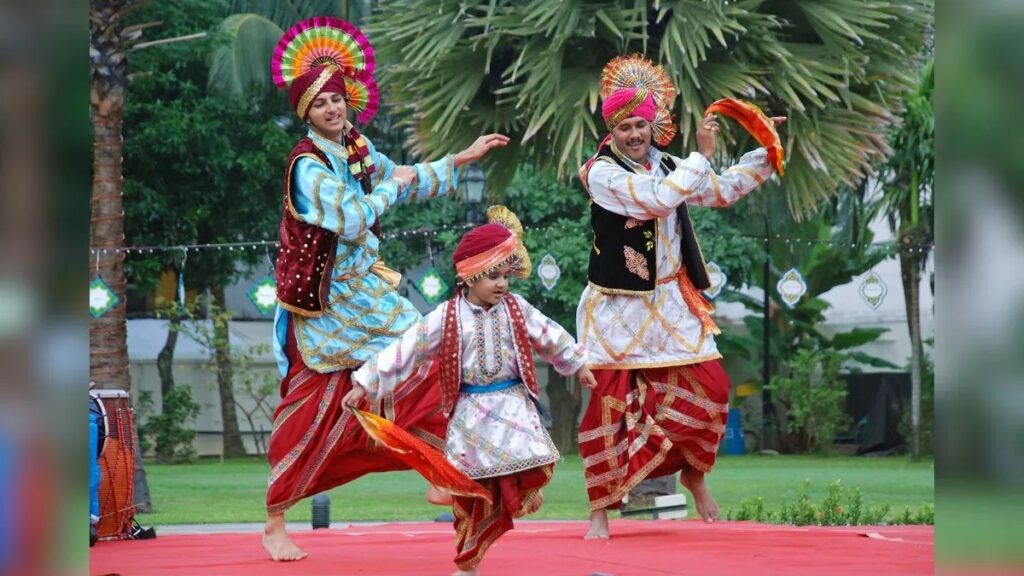When Nehru’s Security Had To Beg Young Indira To Go Back Home
Apr 14, 2023 | Pratirodh Bureau
A young Indira Gandhi would often watch the Deepak brothers, who popularised Bhangra on stage, rehearse when they came to Delhi to perform on Republic Day in the early ’50s, and there were occasions her father’s security personnel had to beg her to go back home, claims a new book (Representational Image)
Source: PTI
A young Indira Gandhi would often watch the Deepak brothers, who popularised Bhangra on stage, rehearse when they came to Delhi to perform on Republic Day or other big occasions in the early ’50s, and there were occasions her father’s security personnel had to beg her to go back home, claims a new book.
In the post-Partition era, Manohar, Gurbachan and Avtar Deepak are credited with introducing Bhangra to the world in its present form.
“The government of India’s Information and Broadcasting Unit became aware of the Bhangra dance and the Deepak Brothers, and they dispatched a special unit to cover the performances. A special documentary titled ‘Dharti di Jhankar’ was commissioned to cover the Bhangra performances at Sunam (Punjab). Sunam was coming back into prominence once more with the elevation of Bhangra to a higher stage in the world,” writes Jewan Deepak in “Mahroks: The Story of the Kambojas, Sikhs and Shaheeds”.
“From 1953 to 1955, the Maharaja of Patiala asked the Deepak Brothers to represent PEPSU (Patiala and East Punjab States Union) at the Republic Day parades and to perform in front of the President of India and Prime Minister Jawaharlal Nehru. The visiting artists were at the Talkatora Gardens for their stay, as the newly independent India did not have enough buildings to accommodate the artists who had come from all over the country to participate,” the book says.
“Indira Priyadarshini Nehru was in awe of these young men from Punjab, who danced like real men. She would come to their tents, where they were staying, and spend time talking and watching them practise Bhangra movements before the final day’s performance. Sometimes, Pandit ji’s security had to beg her to go back with them to the Prime Minister’s house,” it says.
According to the author, the friendship Gandhi created, especially with Manohar Deepak, lasted even after she became the prime minister.
“While at Delhi performing for Republic Day, they were invited to the President’s House for ‘at home’ parties. The President of India, Dr Rajinder Prasad, and Prime Minister Nehru awarded the brothers with silver medals and honours for promoting culture,” he writes in the book, which is a broad-spectrum history of the Kamboja people.
According to the author, the Kamboja people are a famous Aryan tribe whose descendants are found in the Kamboja community of today’s northern Indian subcontinent.
The Mahroks were the erstwhile rulers of places such as Ghazni, Tajikistan and Kannauj, and were particularly known for their military valour. In later days, they became famous for their long and distinguished service, not only to the Khalsa Army and the Indian Army, but also to the Sikh faith and culture.
